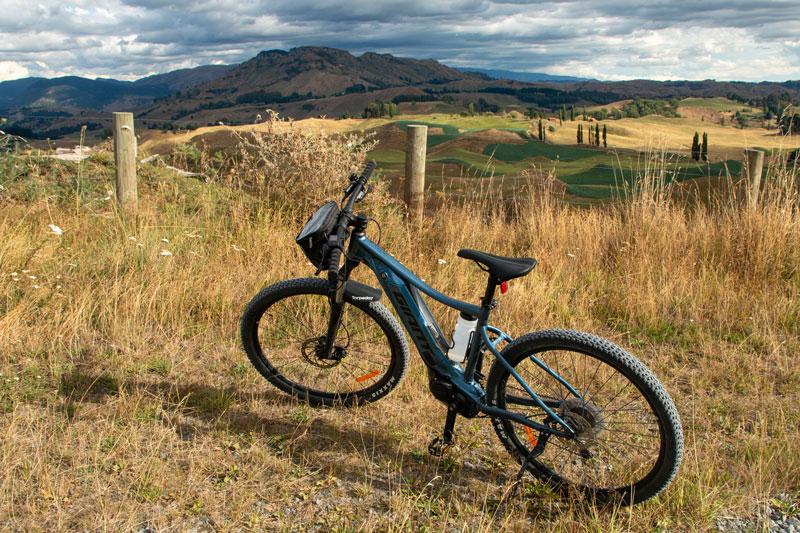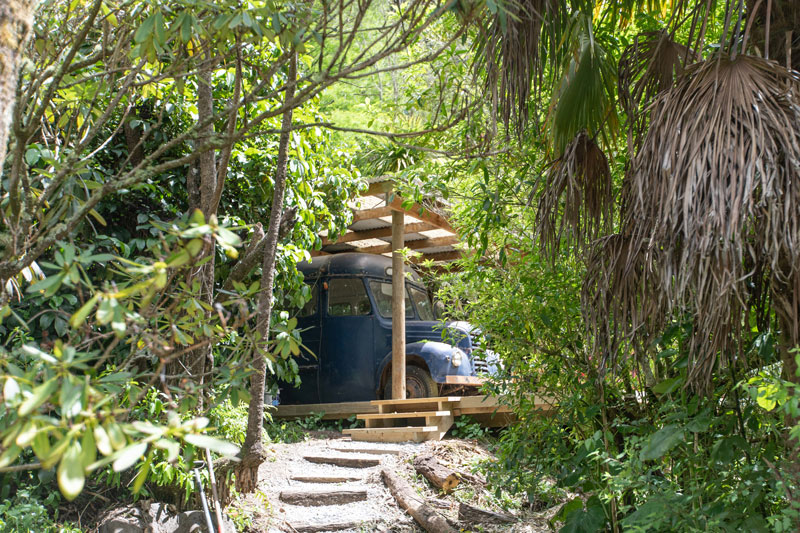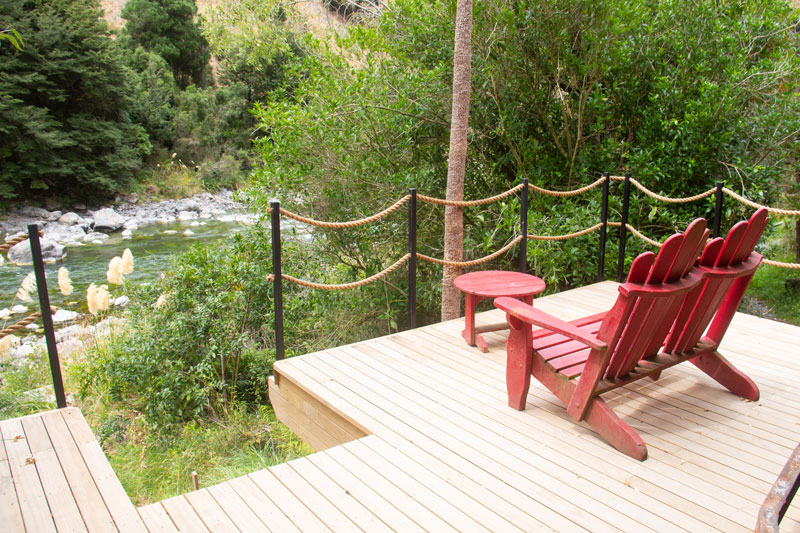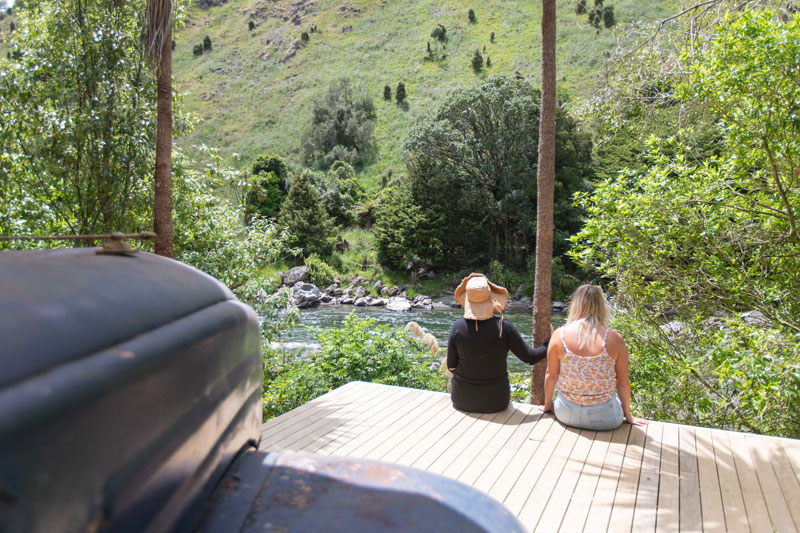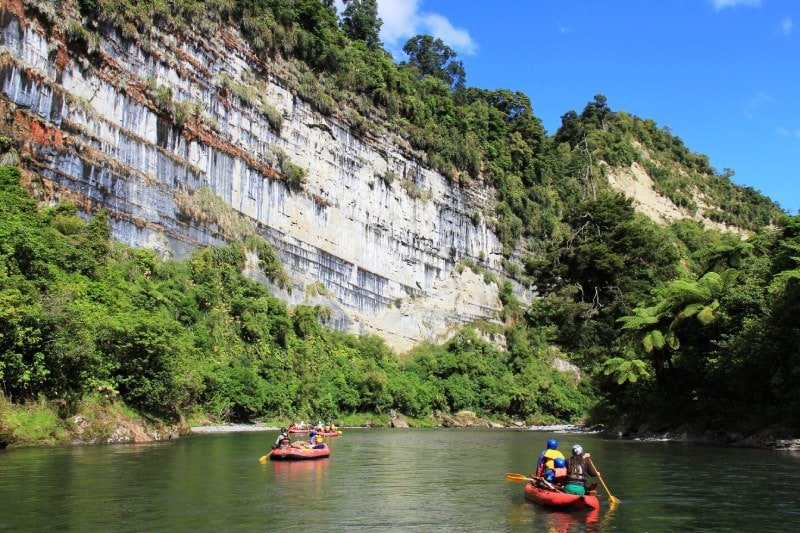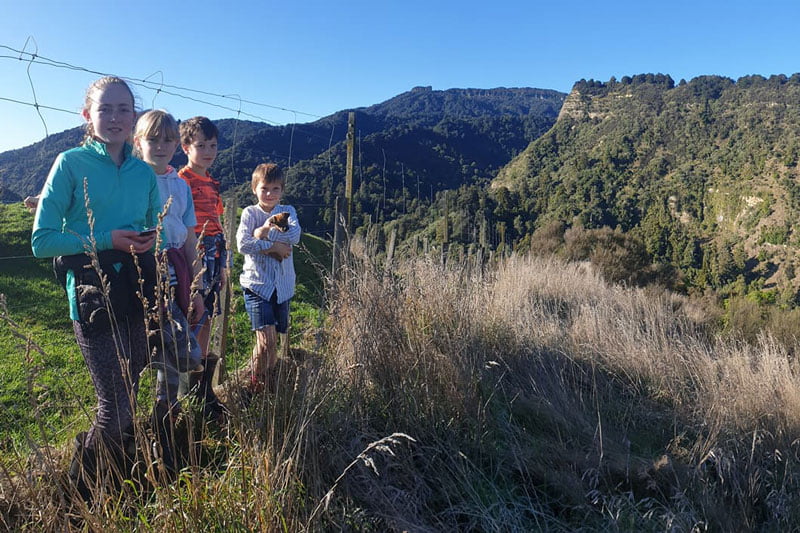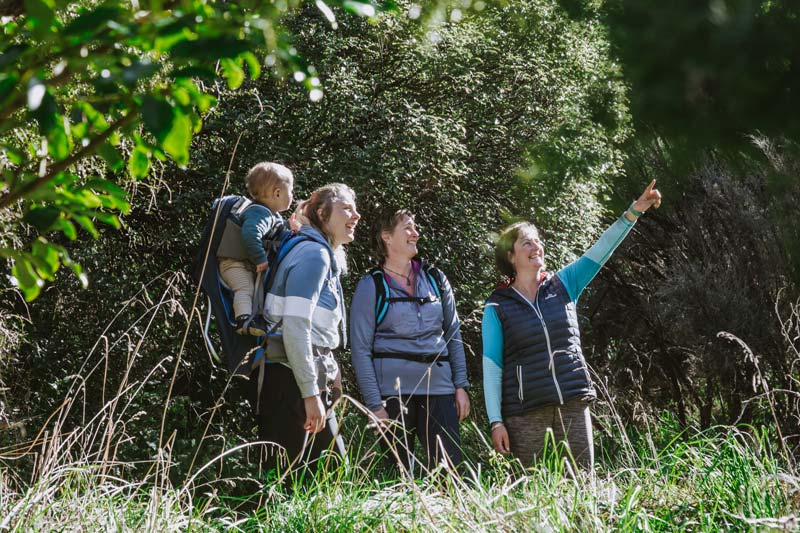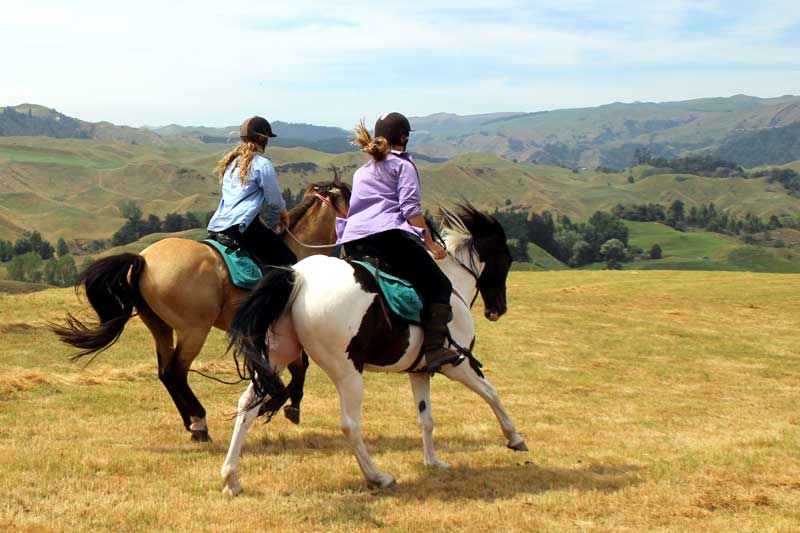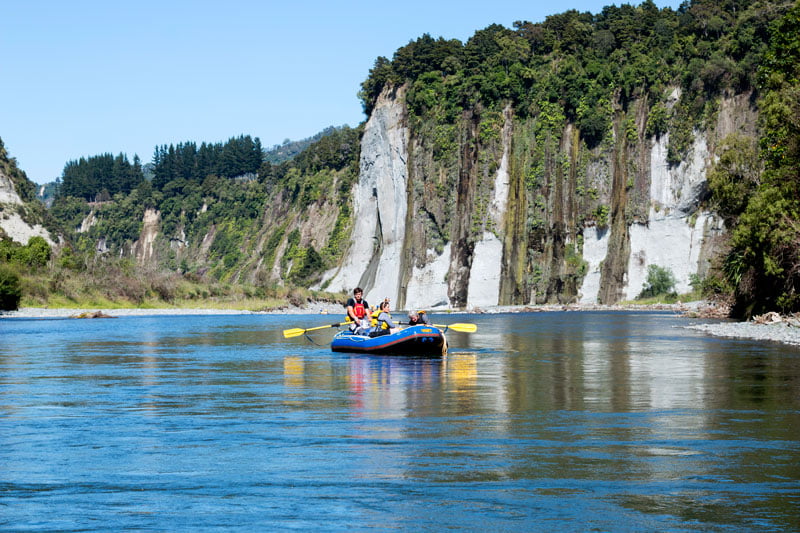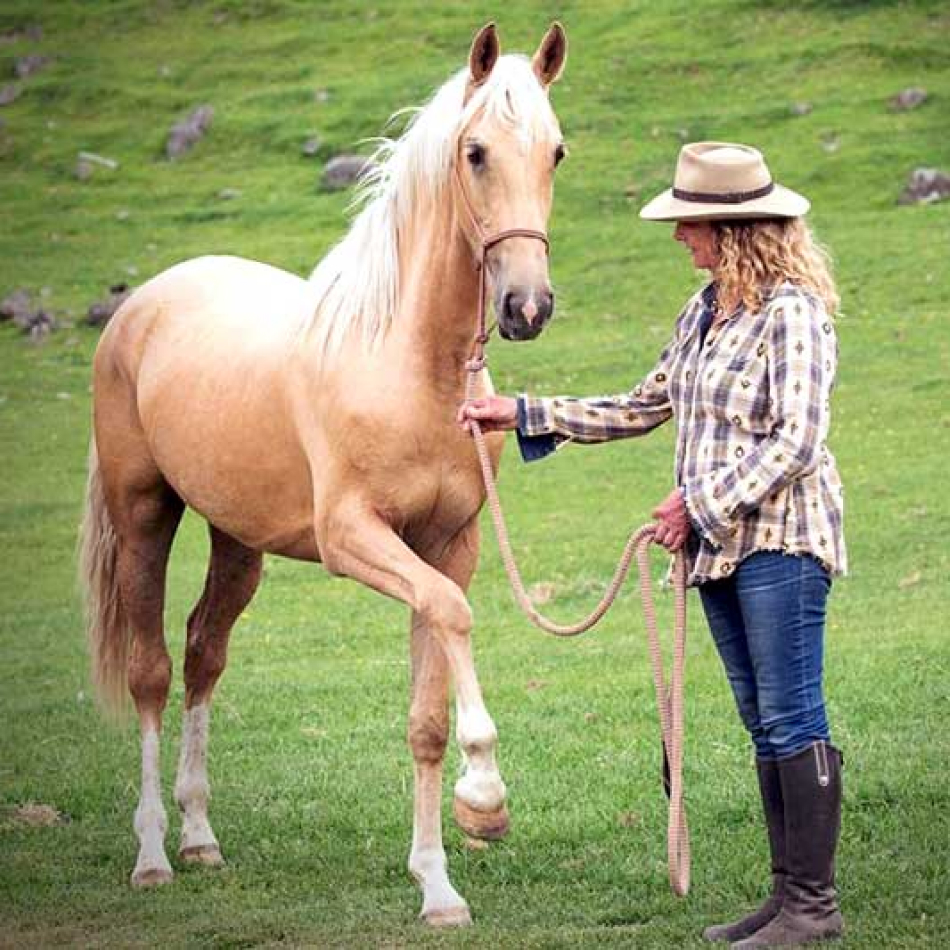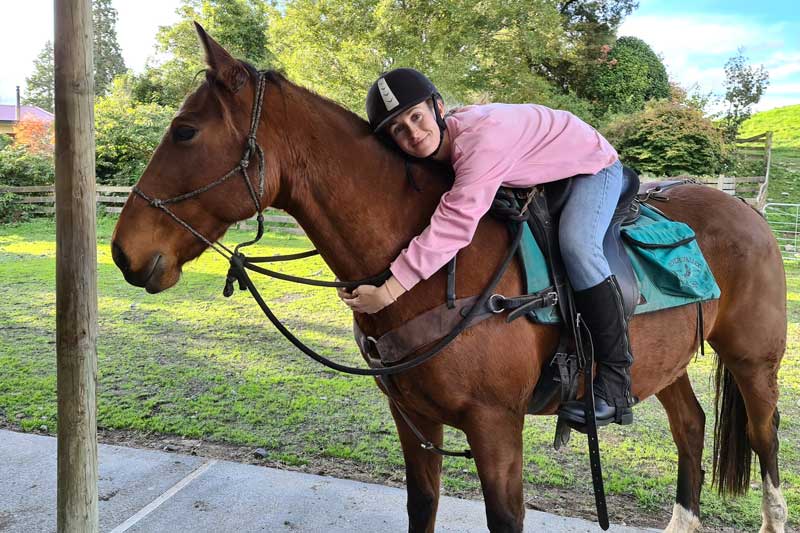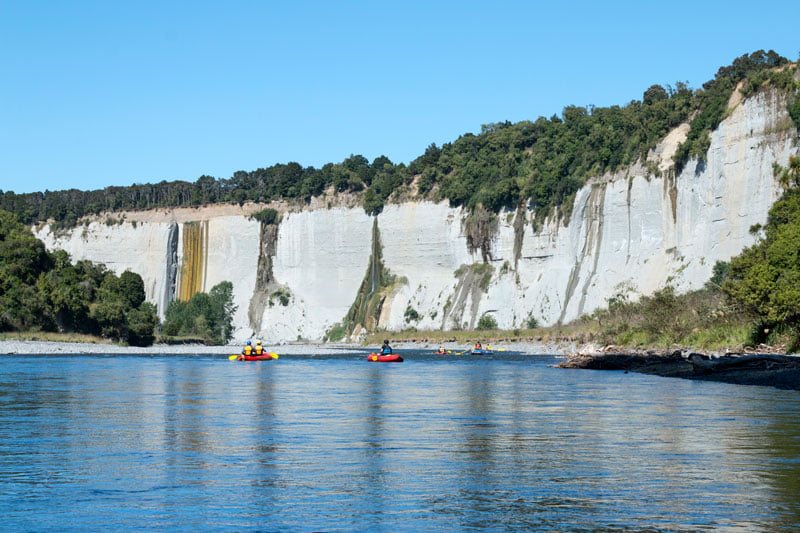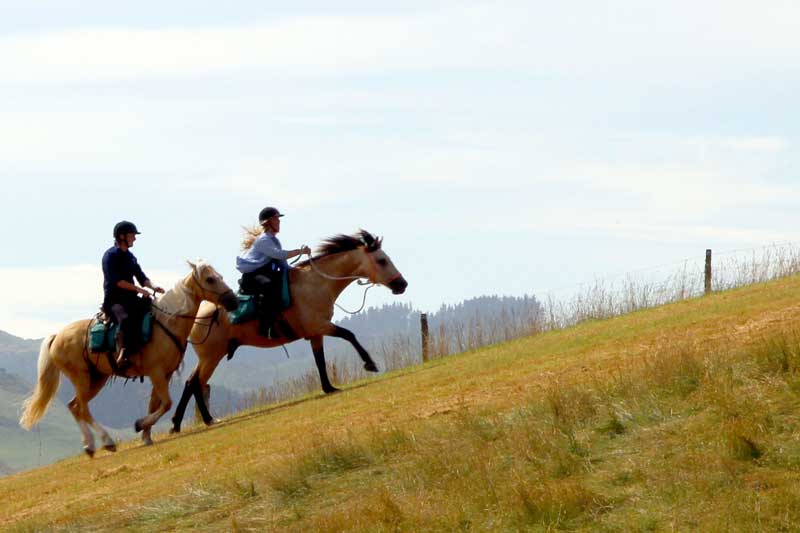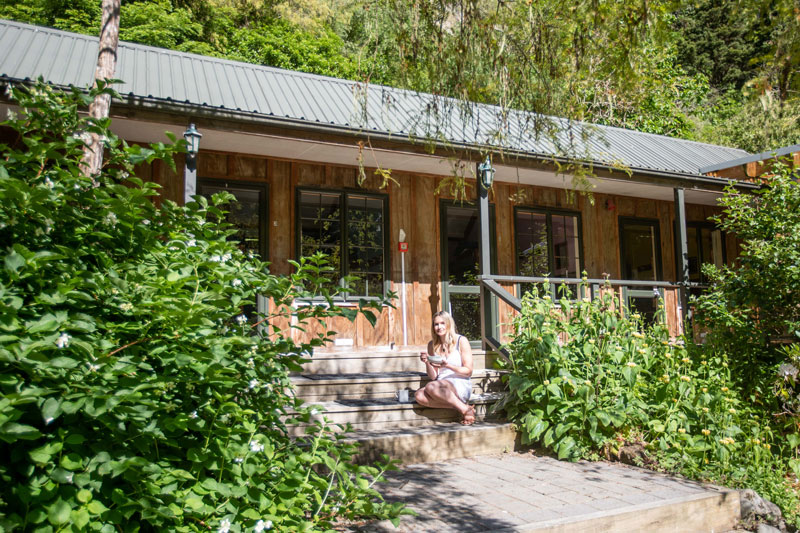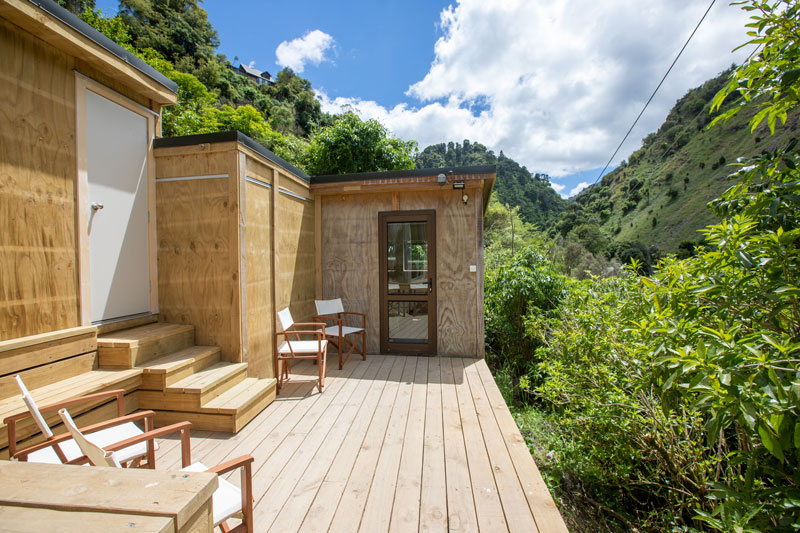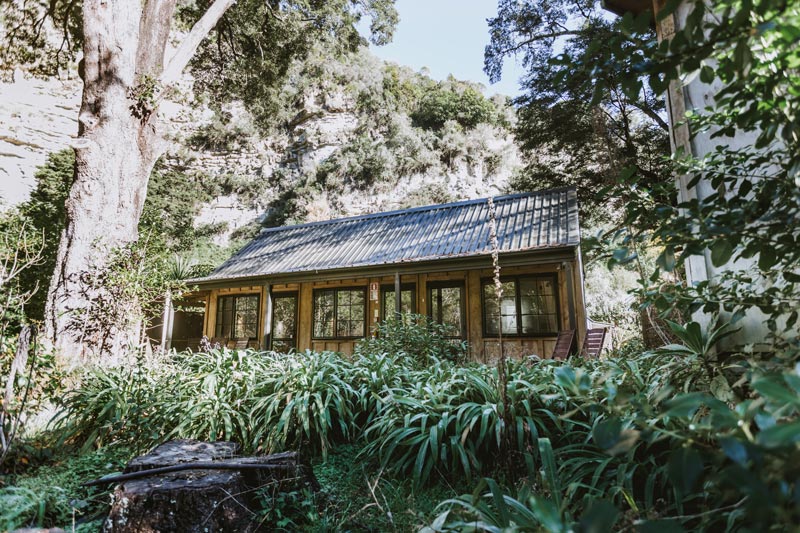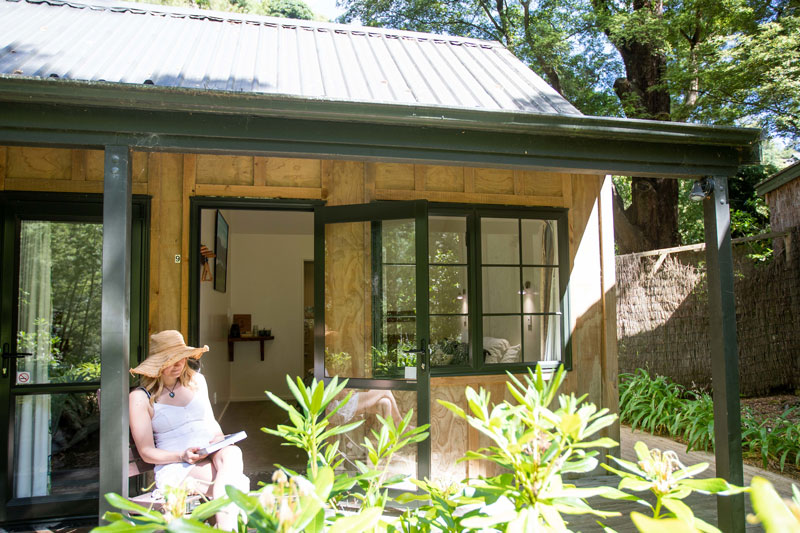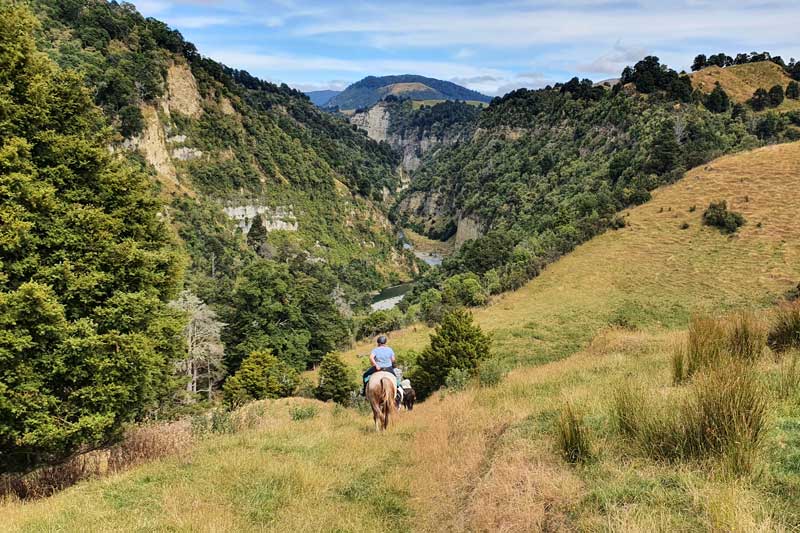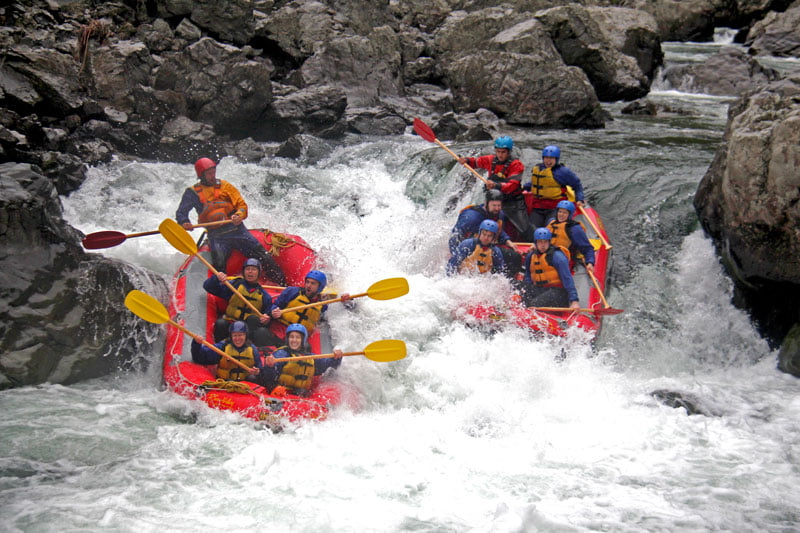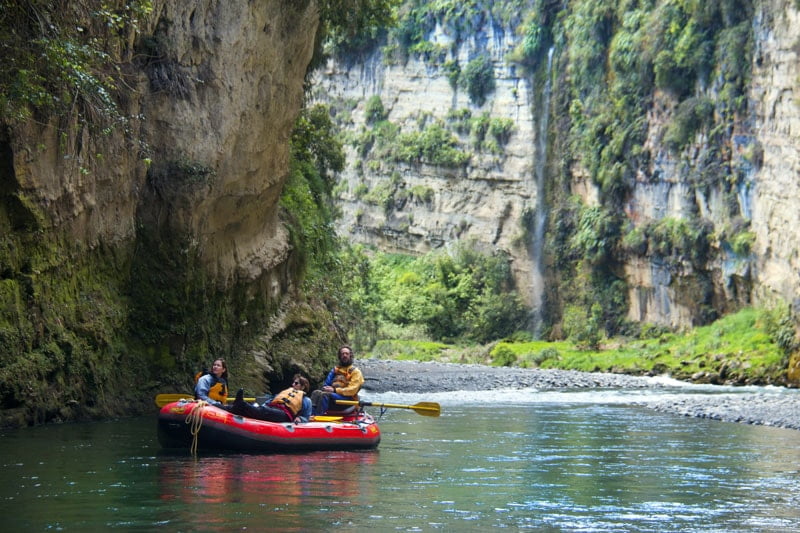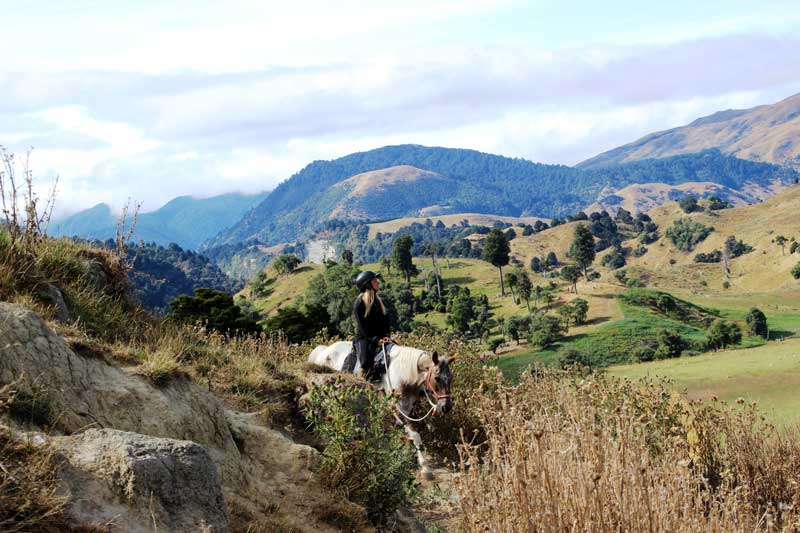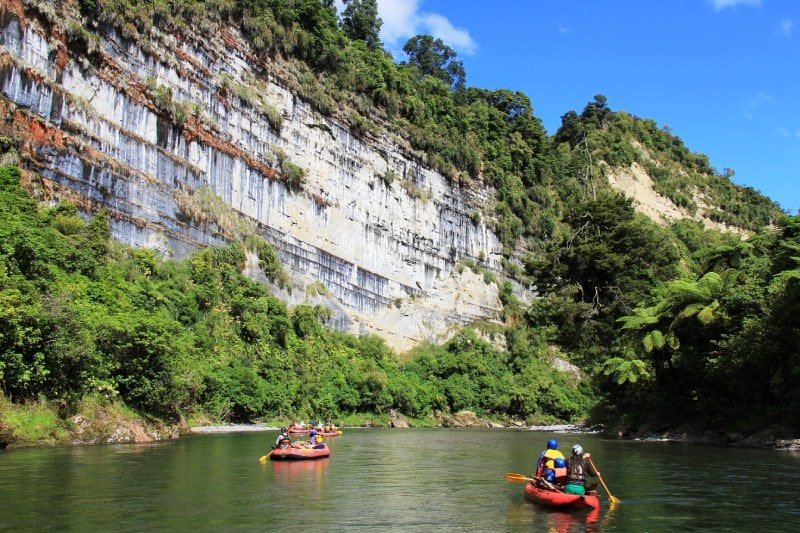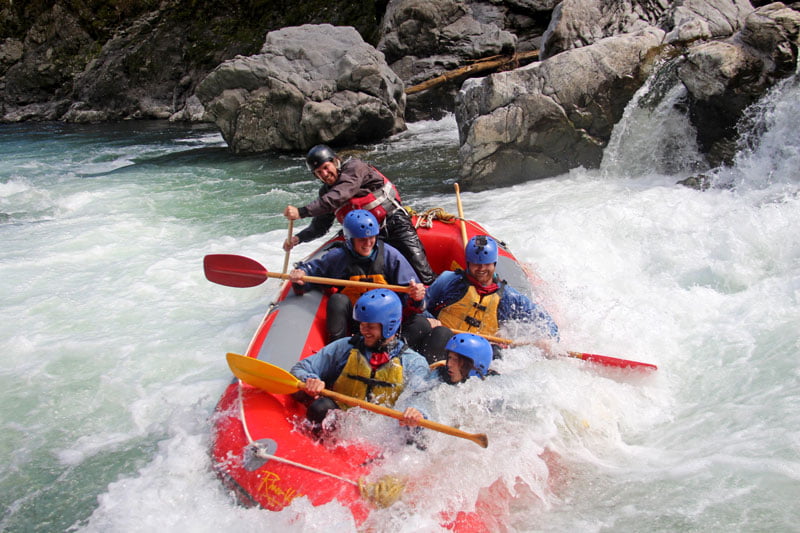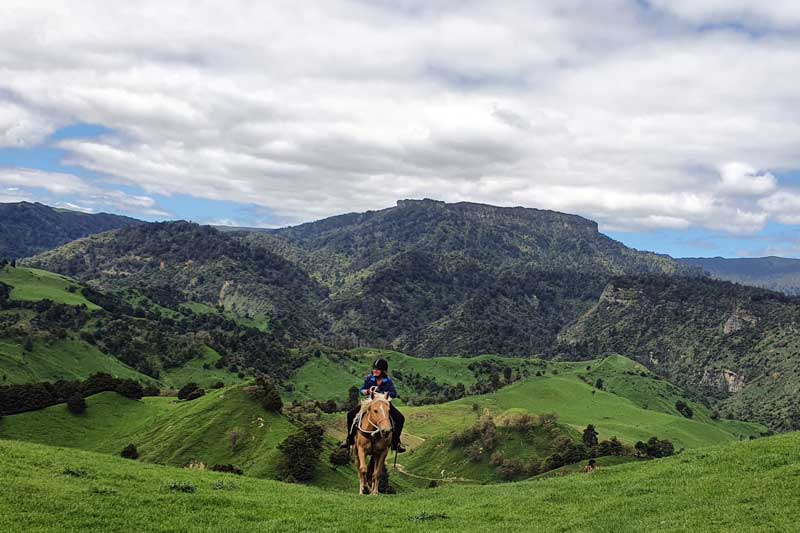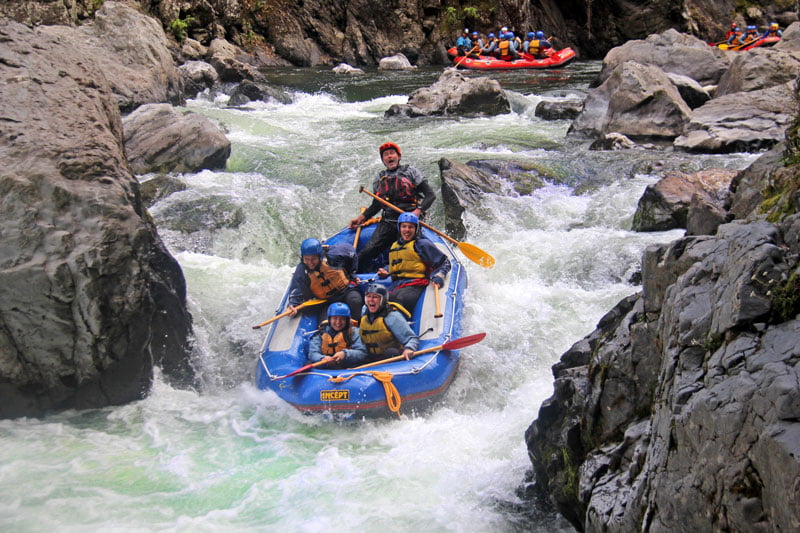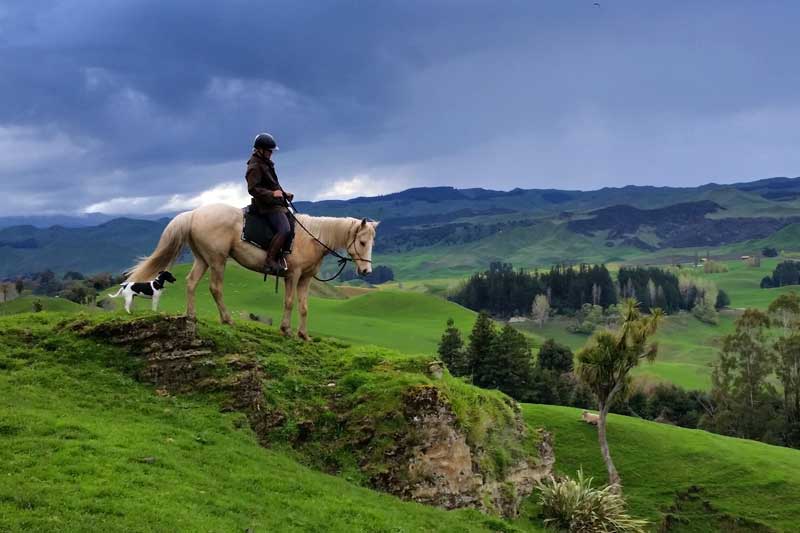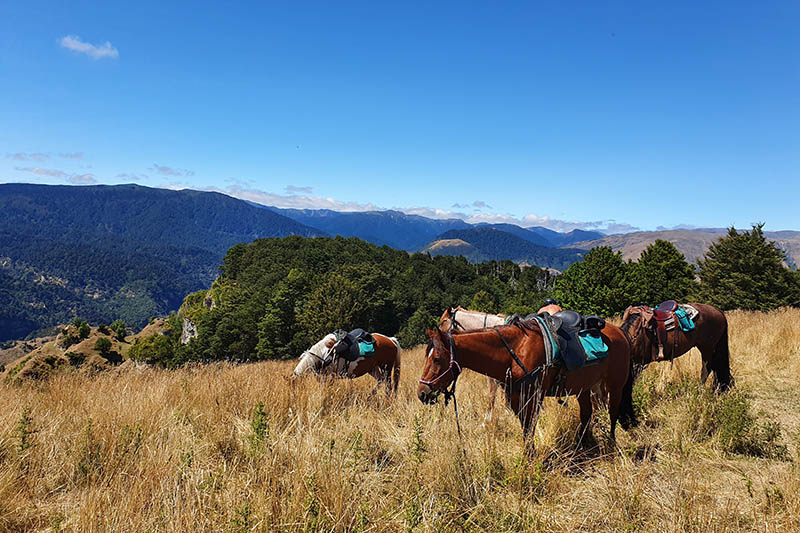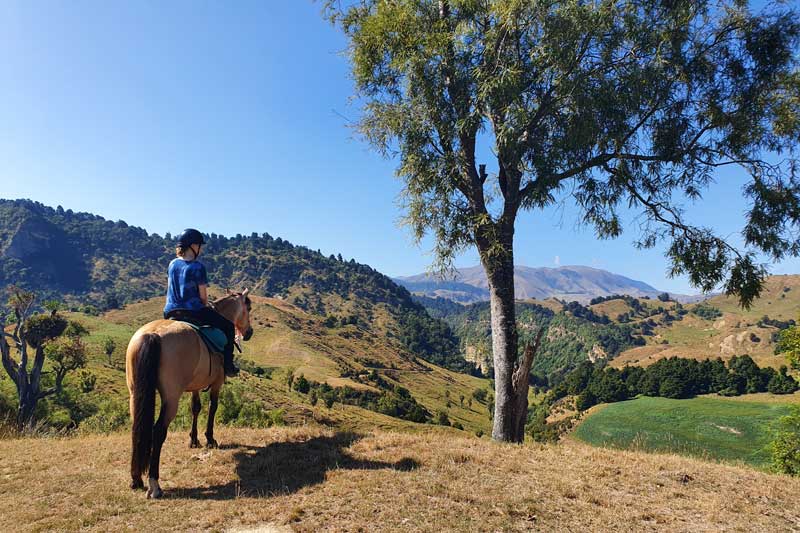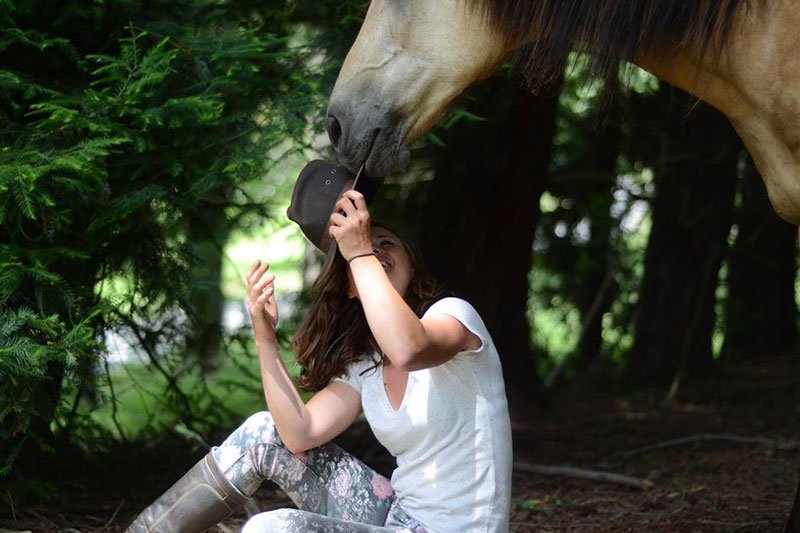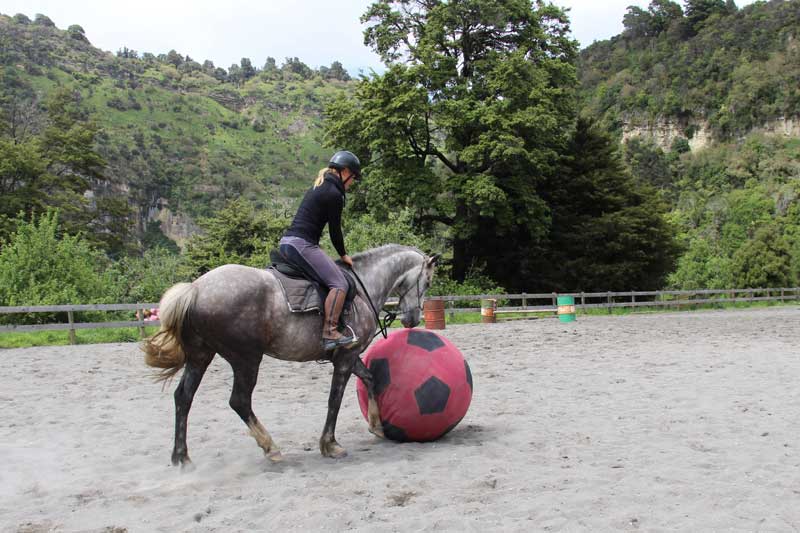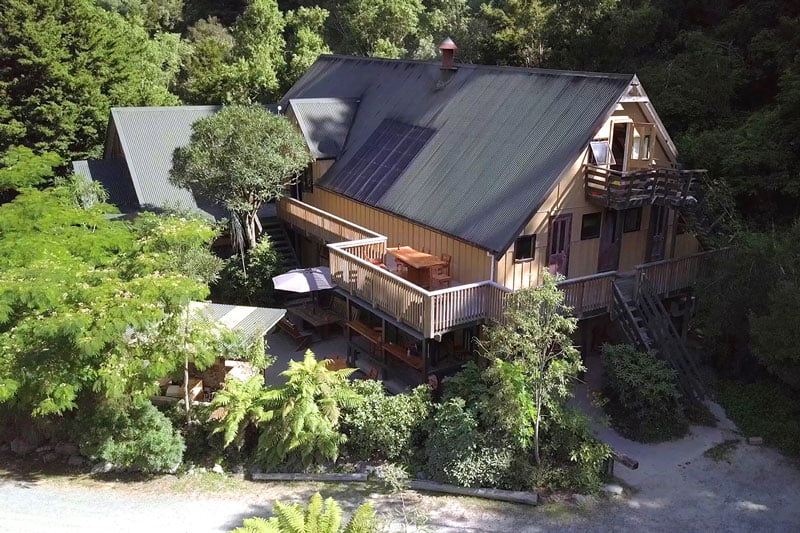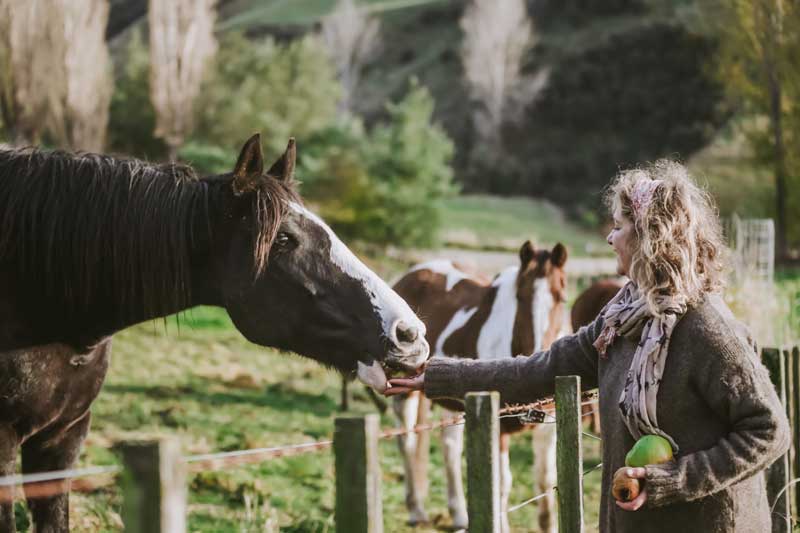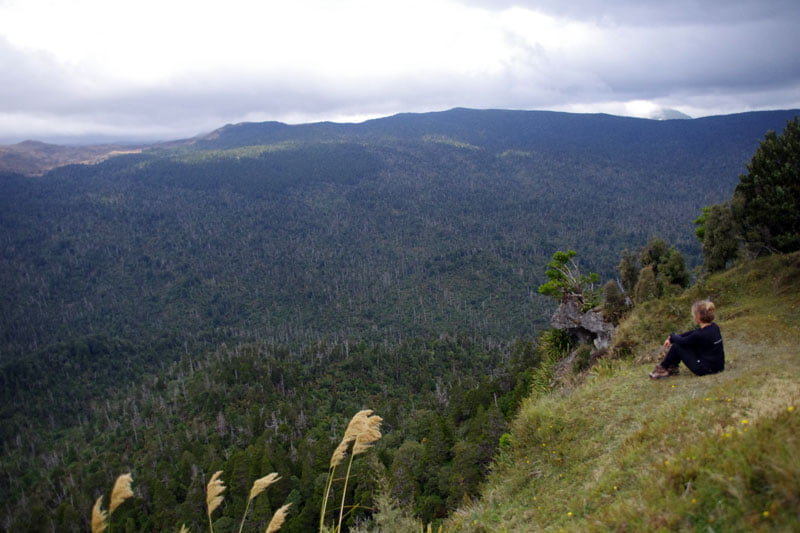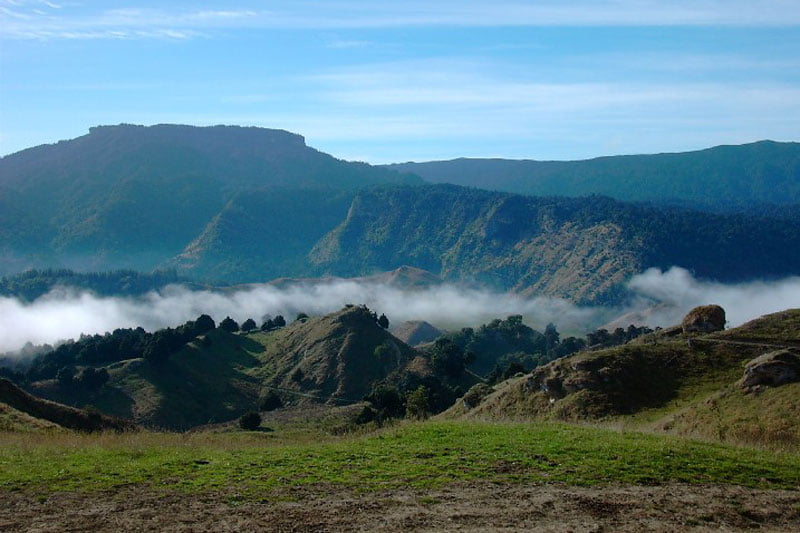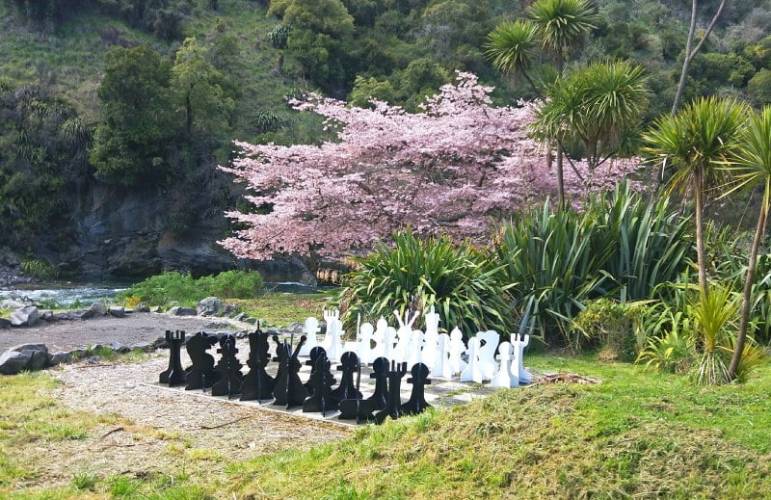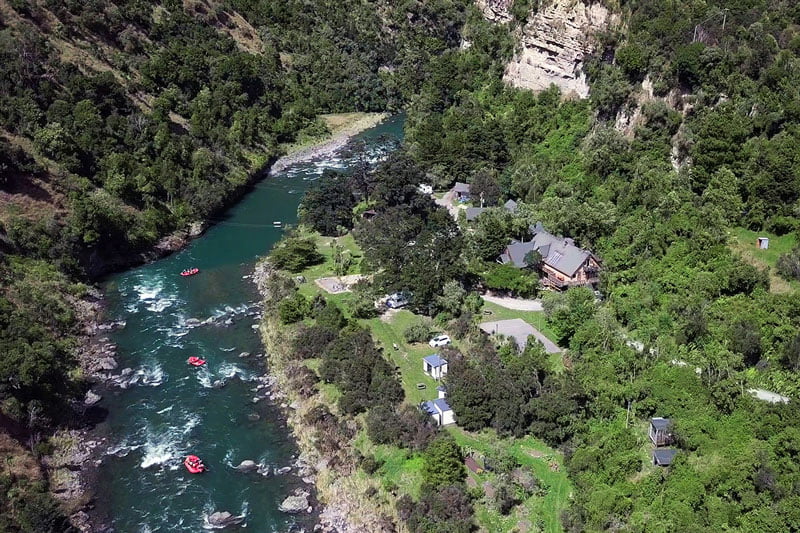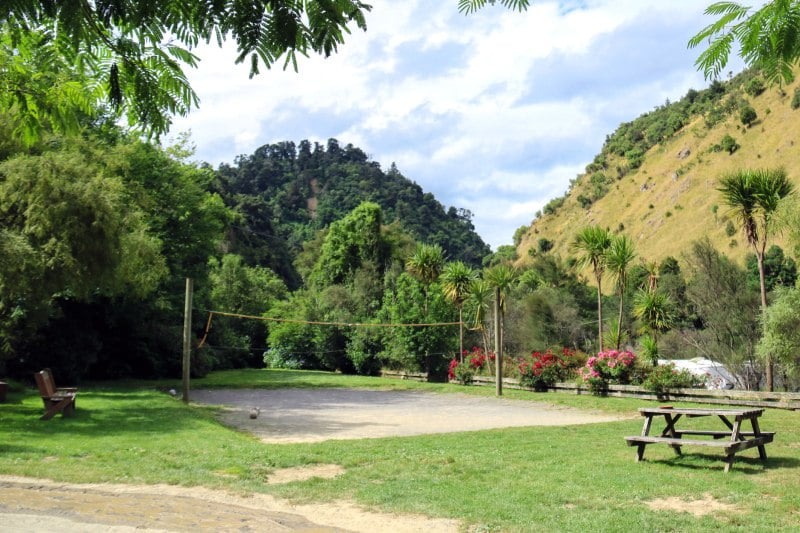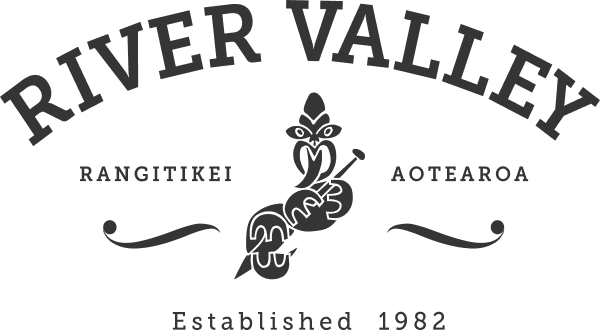Complicated vs. Complex. What’s the Difference and Why is it Important?
In New Zealand rural areas, production of various commodities invariably dominates the landscape. This could be dairy operations on the Canterbury plains, the Waikato and Taranaki. On hill country in both the North & South Islands, sheep and cattle production dominates, while in areas, often with old river deltas, horticulture is the dominate land use.
Vast monoculture forestry blocks increasingly cloak more erosion prone hill country.
All these land uses tend to only have one, or at the most two, forms of product. For instance, milk, or apples, or grapes, or beef and lamb, or unprocessed pine logs for export to China.
This type of land use is simple in its diversity, while the actual details of production are often complicated, though formulaic.
This is in contrast to natural systems which are complex not complicated, with any change in one part of the ecosystem reverberating throughout the rest of the ecosystem.
Think Of It This Way
Think of it this way, sending a rocket to the moon is complicated. However almost all the variables can be eliminated, and the actual process of sending that rocket can be worked out and written down in equations and manuals. As long as the manual is followed then the outcome, while not 100% assured, is still fairly certain.
Natural systems on the other hand are so complex that even after centuries of study we still do not know or understand most of the linkages between the elements of any particular ecosystem. Like a spider’s web, touching one strand sends vibrations through all the other strands of the web.
Unintended Consequences
Our formulaic approach invariably has unintended consequences.
It is the philosophical lack of understanding of the difference between complicated and complex that I think has been a major contributor in leading human civilisation to the challenges it presently faces.
We put various names to these different challenges – climate change, environmental degradation, growing disparities and divisions within society, collapsing health of waterways, plastic pollution, extinction of species and so on. However in reality, they are all a reflection of the same thinking.
That thinking is primarily a lack of consideration of the whole. In effect a lack of a holistic element to what we do. A lack of appreciation that anything we do can have unintended consequences on the wider ecosystem.
Simplistic Measures of Success
Consequently what we end up with is an economic and societal system that has simplistic measures of success. At its most simple, (but formulaically complicated) monetary profit at an individual or business level, and GDP at a country level are the most common measures of success.
What are called externalities, the other elements that are part of the whole, the costs that this approach has to a fair society, to other organisms on this, the only planet we have, to our rivers, to the air we breathe, to our happiness as human beings, are ignored, or addressed in a token fashion only.
How to Address Complex vs. Complicated at a Personal or Business Level
At River Valley in order to address this complex vs. complicated thinking, we have embraced elements of Holistic Management in how we plan.
How we follow this process is by considering the elements over which our decisions will have an impact. These are the areas that we have management over. These elements include our land, our family, our staff, our customers and the experiences we offer to them, the animals we look after (hens, horses and sheep), the wildlife that is effected by our decisions, our profitability as a company, amongst others.
Following this process a decision is made and the effects of that decision are monitored. We cannot be afraid to change course if we have negative unintended consequences.
Of course, we cannot, even with this process fully address all the complexity of any natural system (by the way, just in case you did not realise, humans are part of nature), but it is a start and you know what, it feels good doing it.
Your challenge is to try it.
Brian Megaw

Holistic grazing enhancing ecosystem function, with two year old hazel nut trees in the background at River Valley Stables.



